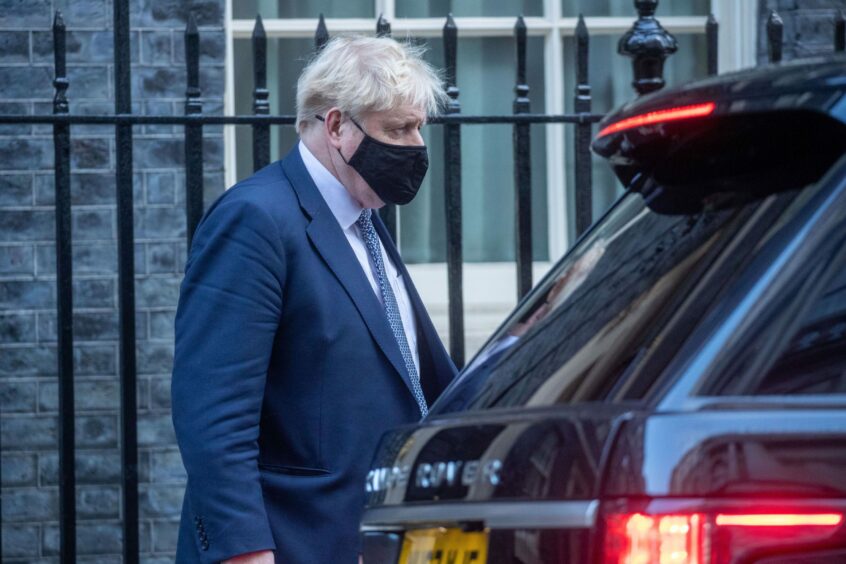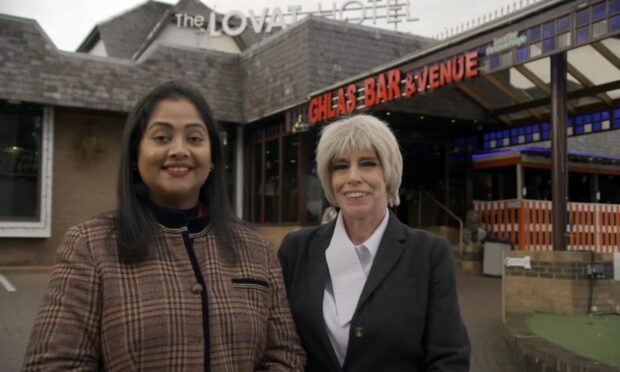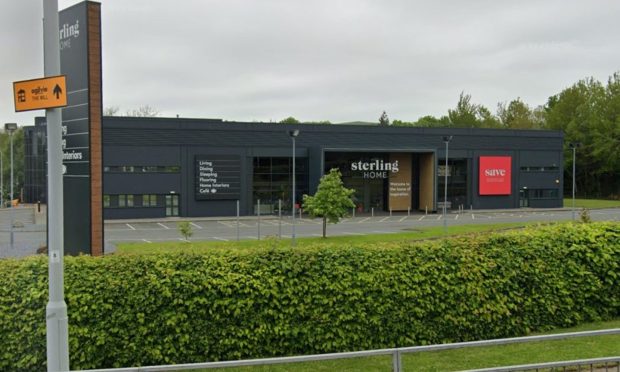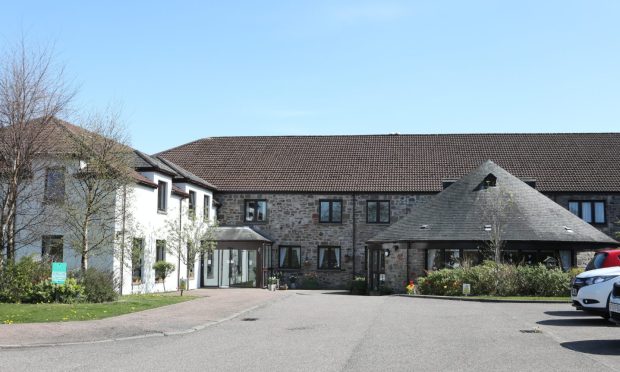The prime minister is facing criticism for a so-called “drinking culture” at No 10 as reports of parties being held in breach of Covid-19 restrictions continue to emerge.
The latest claims suggest that staff at Downing Street held get-togethers on the eve of the Duke of Edinburgh’s funeral last year.
No 10 has now apologised – calling the events “deeply regrettable”.
Earlier this week Boris Johnson admitted attending a gathering in the garden at his home in May 2020 but claimed he believed it was a work event, despite dozens of people being invited to bring their own booze and to make the most of the nice weather.
The Times now claims that the woman tasked with investigating claims of Downing Street parties will criticise the No 10 “drinking culture” when her report is released.
It has raised questions over whether it is acceptable to drink at work – and what the rules are.
Is it legal for me to drink while I’m at work?
It depends on what your job is.
For most, there is no specific law stating that a person cannot consume alcohol in the course of their employment.
But some professions require individuals to refrain from being under the influence of booze, for example, where they are operating machinery or in charge of a vehicle, as covered by the Transport and Works Act 1992.
Potential punishments for anyone caught breaching that legislation include a fine or imprisonment.
Others who have to drive for work, such as delivery drivers, bus drivers and taxi drivers, are subject to the same limits as all other road users.
The current limit in Scotland is 22mcg of alcohol in 100ml of breath.
Exceeding this limit will land a driver an automatic year-long ban from the roads, with a fine of up to £5,000 and jail also possible.
Can my boss sack me for drinking during work time?
You can be fired for drinking at work if it violates the policies set out by your employer.
Many firms in the UK class drinking during work time as gross misconduct – and will see it as grounds for immediate termination.
This is partly due to the fact that employers have a duty of care over their employees, and are legally required to keep them safe while they are at work.
The Health and Safety at Work Act 1974 also outlines some standards of safety employers need to adhere to.
Due to these restrictions, many companies see an outright ban on workplace drinking as the easiest way to keep employees safe.
For example, NHS Tayside classes working under the influence of alcohol as misconduct, with potential penalties including dismissal.
Many private companies – such as banking firm Lloyd’s and insurance company Hiscox – have also issued blanket bans on workplace alcohol consumption.
Can I get sacked for drinking outside of work time?
Legal experts say that companies can step in if drinking in private starts having an impact on work life.
There can also be grounds for firms to get involved if certain behaviours are exhibited at work events where alcohol is present, such as Christmas parties, pay-day drinks and leaving dos.
According to the Daily Record, Priya Cunningham, an employment lawyer at Watermans Solicitors, said: “The employer needs to bear in mind reputational damage to their business when considering an employee’s conduct on a night out.
“Bosses are also vicariously liable for their employees’ actions.
“If an employee assaults someone on a night out, leaving them with a life changing injury – such as brain damage – the employer may also be liable for their actions.”
Is help available when alcohol use affects work?
The Health and Safety Executive says alcohol and drug dependence are recognised medical problems and employees in this position have “the same rights to confidentiality and support as they would if they had any other medical or psychological condition”.
It suggests encouraging a worker to get help, such as from a GP or specialist agency, or referring them to occupational health.
If you dismiss someone because of drug or alcohol misuse without trying to help them, an employment tribunal may find that you’ve dismissed them unfairly
It adds: “Consider allowing someone time off to get expert help. Often the cost of recruiting and training a new employee may be more than the cost of time off.
“Think about whether drug and alcohol misuse in your workplace is treated as a disciplinary matter or a health concern.
“If you dismiss someone because of drug or alcohol misuse without trying to help them, an employment tribunal may find that you’ve dismissed them unfairly.
“But, if their normal work is safety-critical you may need to temporarily move them to another job.”














